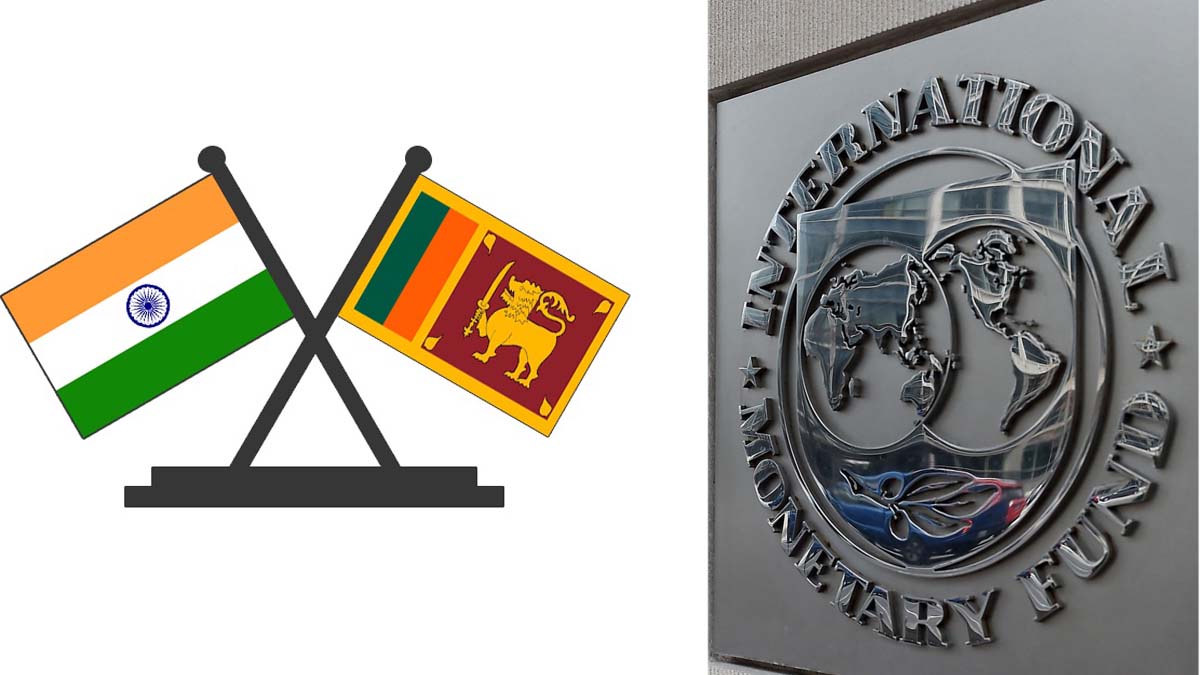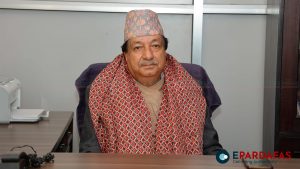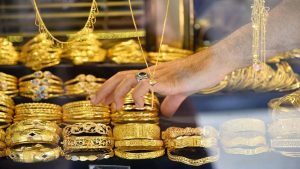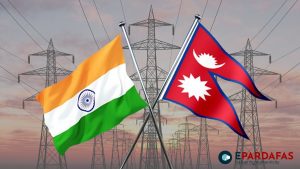
Support to IMF’s $2.9-bn bailout for Sri Lanka helps India firm up standing in island nation

India’s decision as the first bilateral lender to inform the International Monetary Fund (IMF) about its support for Sri Lanka’s debt restructuring plan to help it secure a $2.9-billion bailout package from the global lending agency has raised Delhi’s political stock significantly in the island.
But it has also put its regional rival China in a spot.
A reflection of the Indian popularity and appreciation of its decision was visible at the function of the Republic Day celebrations at the Indian High Commissioner Gopal Baglay’s official residence in Colombo on Thursday.
More than 1,000 guests attended the reception that included the former president and prime minister of Sri Lanka, Gotabaya Rajapaksa and Mahinda Rajapaksa respectively, plus more than half the cabinet members of the Sri Lankan government and other business and political leaders.
President Ranil Wickremesinghe did not come for the reception but he attended a musical function that was organised as part of the Republic Day celebrations a few days back.
Sri Lankan High Commissioner Milinda Moragoda in Delhi articulated his country’s sentiment in an interview and said the social fallout of the economic crisis in his country would have been much worse if India had not acted swiftly.
He felt India’s help would minimise any trust deficit in future.
The Indian decision was made public when External Affairs Minister S Jaishankar visited Colombo on January 20.
The announcement has now forced China also to express its support for a debt restructuring plan for Sri Lanka.
For Colombo to get the bailout package, Beijing’s official support for the debt restructuring plan is essential.
Sri Lanka requires the backing of China, Japan and India ― its biggest bilateral lenders ― to reach a final agreement with the IMF on the bailout package that is essential to put its battered economy back on track.
Japan is part of the Paris Club creditor nations — a grouping of rich countries, which has also expressed support for Colombo in its debt restructuring plan.
Sri Lanka, a country with a population of 22 million people, is facing its worst economic crisis since independence from Britain in 1948.
Policy makers in Colombo have been grappling with multiple challenges over the past year including a shortage of dollars, runaway inflation and steep recession.
According to the China Africa Research Initiative, Sri Lanka owed Chinese lenders $7.4 billion by the end of last year.
New Delhi provided Colombo with about $4 billion in rapid assistance between January and July in 2022, including credit lines, a currency swap arrangement, and also supply of fuel and other essential items.
India and China are also Sri Lanka’s two biggest trade partners, accounting for about $5 billion each in bilateral trade in 2021.
Colombo had reached an arrangement with the IMF in September last year after agreeing to usher in tax reforms and changes to the way electricity is priced to revive its moribund economy.
But it is still awaiting IMF board approval as Sri Lanka needs financing assurances from its three biggest bilateral creditors.












Comments